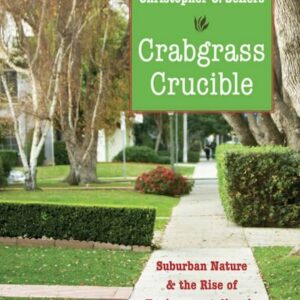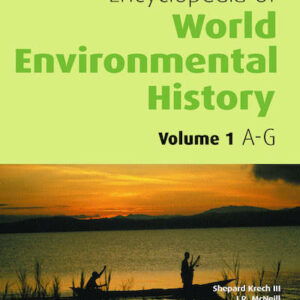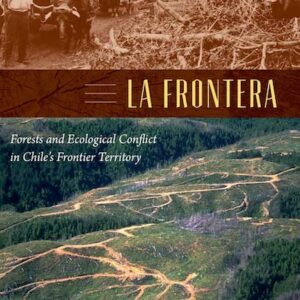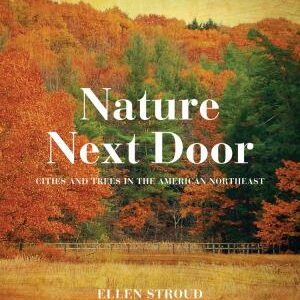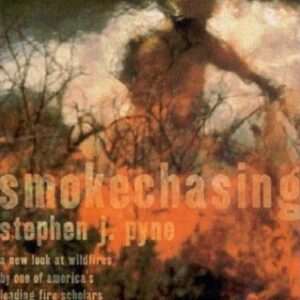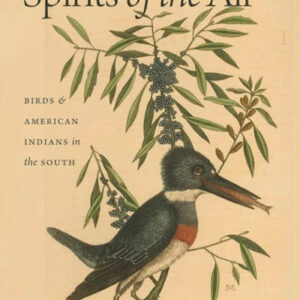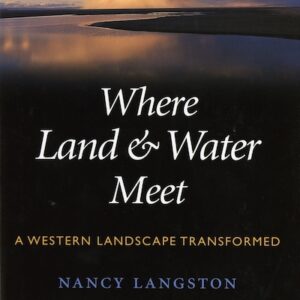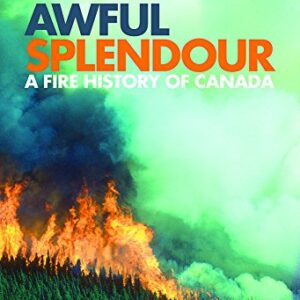
Awful Splendour: A Fire History of Canada
By Stephen J. Pyne (NHC Fellow, 1979–80; 2002–03) Fire is a defining element in Canadian land and life. With few exceptions, Canada’s forests and prairies have evolved with fire. Its peoples have exploited fire and sought to protect themselves from its excesses, and since Confederation, the country has devised various institutions to connect fire and … Continued
